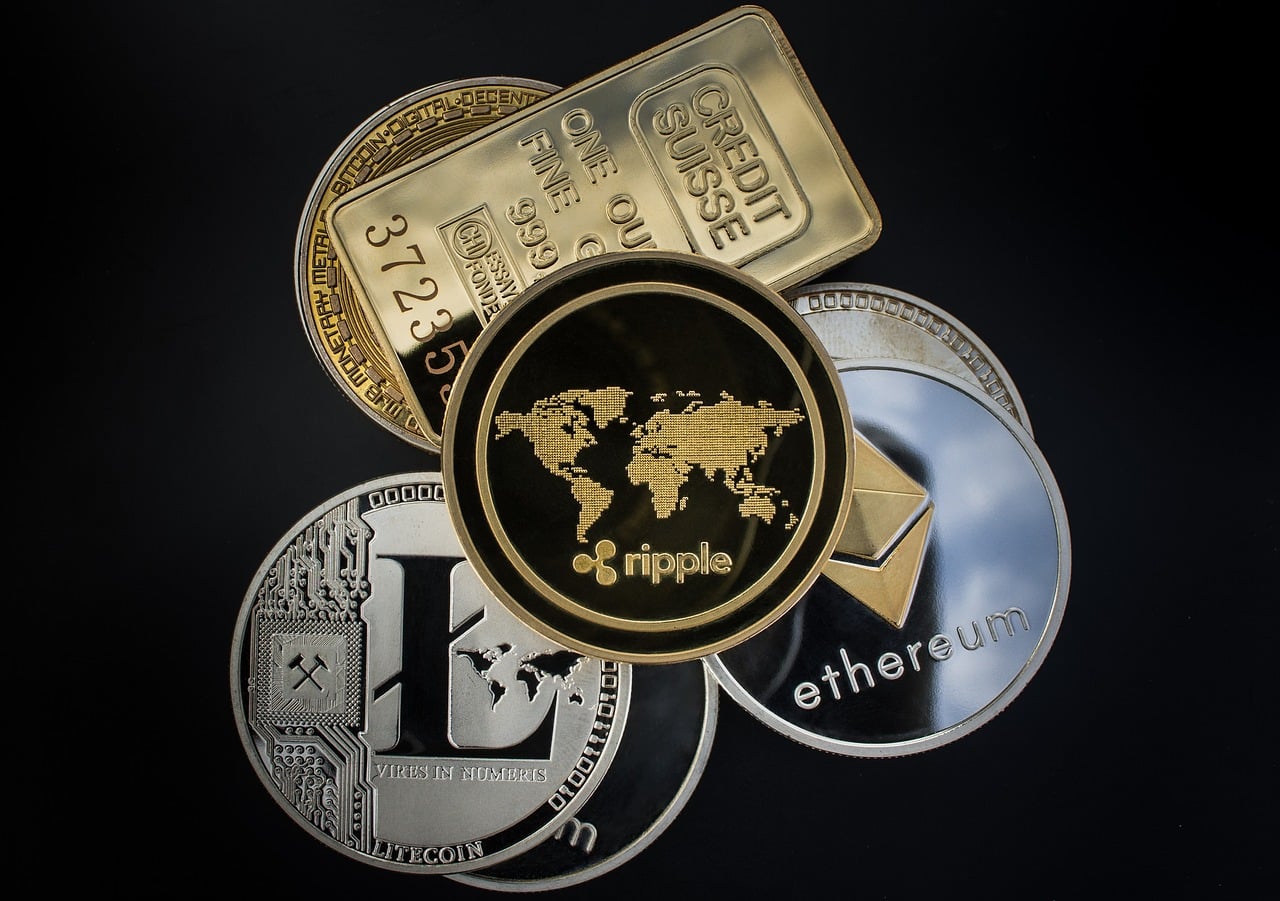This article unravels the intriguing Ripple-XRP dichotomy, exploring the history, controversies, and legal battles surrounding this complex relationship. The spotlight is on Ripple, the company, and XRP, the digital asset, as we delve into their intertwined narrative. Don’t overlook the role of automated trading bots like Granimator when studying Ripple’s dichotomy and the broader XRP story.
The Ripple-XRP dichotomy explained
In the world of digital currencies, the Ripple-XRP dichotomy stands as a fascinating case study. This complex relationship represents an intriguing intersection of technology, finance, and regulatory dynamics that often raises more questions than it provides answers.
Understanding this dichotomy first requires a grasp of the separate entities involved. Ripple, a digital payment protocol, was designed to enable fast, low-cost international money transfers. XRP, on the other hand, is a digital asset independent of the company, yet plays a crucial role in Ripple’s ecosystem. The dichotomy lies in this delicate balance – the success and functionality of Ripple are heavily tied to XRP, but the company insists on their separate existence.
This dichotomy affects not just the technical workings of Ripple’s platform, but also the many investors and users of XRP. On one hand, XRP’s integral role in Ripple’s payment protocol means that the success of Ripple could drive the value of XRP up. Conversely, any regulatory or legal issues Ripple faces might reflect negatively on XRP, as has been the case in recent years.
Ripple’s stance on this dichotomy has always been clear – Ripple and XRP are separate, and the success or failure of one doesn’t necessarily mean the same for the other. However, many critics and regulators have questioned this separation, given that Ripple was the creator of XRP and holds a significant portion of the digital asset.
The legal and regulatory implications of this dichotomy have brought Ripple and XRP to the forefront of discussions on digital currency regulations. Ripple has found itself in legal battles with regulatory bodies like the U.S. Securities and Exchange Commission, primarily centered around the question of whether XRP should be classified as a security. This ongoing legal struggle has further emphasized the need for clarity and regulation in the rapidly evolving digital currency space.
In summary, the Ripple-XRP dichotomy represents a complex and intriguing relationship that continues to shape the narrative of Ripple, XRP, and the wider world of digital currencies. As this story unfolds, the dichotomy promises to keep investors, regulators, and digital currency enthusiasts on their toes, eagerly awaiting the next development.
Major controversies and legal battles
As Ripple and XRP have grown in popularity and influence, they’ve also faced their fair share of controversies and legal battles. Among the most significant is Ripple’s ongoing legal dispute with the U.S. Securities and Exchange Commission (SEC).
In December 2020, the SEC filed a lawsuit against Ripple Labs Inc., alleging that the company had conducted an unregistered securities offering by selling XRP. The SEC’s argument hinged on the characterization of XRP as a security, rather than a currency, implying it should have been subject to strict securities laws and regulations. This lawsuit marked a significant escalation in the SEC’s efforts to regulate the burgeoning cryptocurrency industry.
The implications of this legal battle extend far beyond Ripple as a company. If XRP is declared a security, it could significantly impact its utility and performance in the cryptocurrency market. This categorization could lead to more stringent trading restrictions, potentially reducing XRP’s liquidity and attractiveness to investors. It could also pave the way for similar actions against other cryptocurrencies, setting a precedent that could reshape the industry’s regulatory landscape.
Ripple has staunchly defended its position, maintaining that XRP is a currency and not a security. They have also criticized the SEC for its perceived lack of clarity on cryptocurrency regulations, arguing that the agency’s actions have harmed countless innocent XRP retail holders who were not the intended targets of the lawsuit.
The company has been navigating this legal turmoil while also planning for the future. It has continued to sign partnerships with various financial institutions globally and has even proposed a potential Initial Public Offering (IPO) once the legal issues are resolved. However, the cloud of legal uncertainty hanging over Ripple and XRP adds an undeniable layer of complexity to these future prospects.
The Ripple-SEC saga underscores the challenges faced by the emerging world of digital currencies, as they strive to navigate an evolving regulatory landscape. The outcome of these legal battles will not only shape Ripple and XRP’s future but also could have far-reaching implications for the broader cryptocurrency market.
Conclusion
Understanding the Ripple-XRP dichotomy is essential in grasping the dynamics of today’s digital currency landscape. As Ripple and XRP continue their journey amidst legal battles and regulatory questions, they remain at the forefront of an ever-evolving industry.
DISCLAIMER – “Views Expressed Disclaimer: Views and opinions expressed are those of the authors and do not reflect the official position of any other author, agency, organization, employer or company, including NEO CYMED PUBLISHING LIMITED, which is the publishing company performing under the name Cyprus-Mail…more







Click here to change your cookie preferences